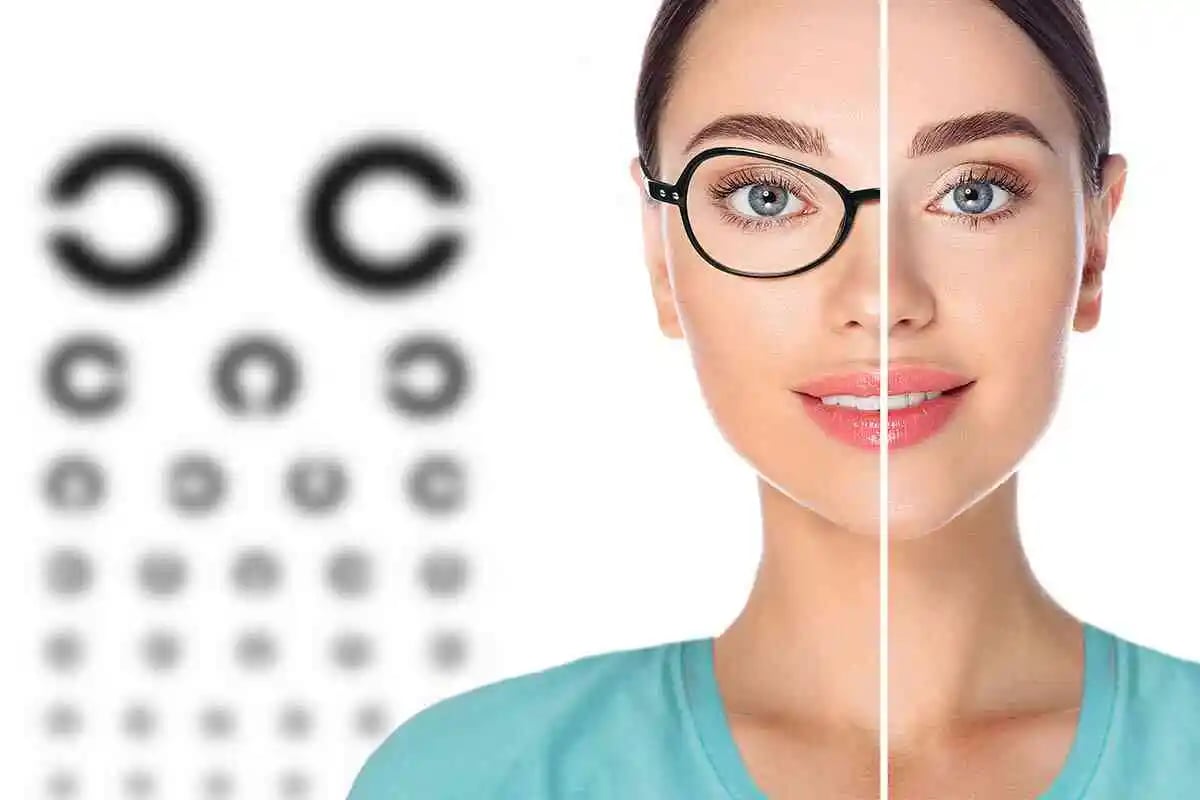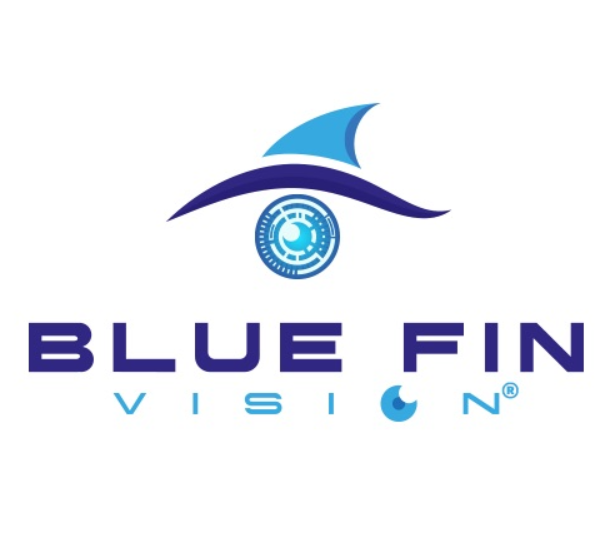Who Is a Suitable Candidate for Laser Eye Surgery Treatment


Laser eye surgery has become a popular and effective option for correcting vision problems such as nearsightedness, farsightedness, and astigmatism. It offers the promise of reducing or even eliminating the need for glasses or contact lenses. However, not everyone is a suitable candidate for this procedure. Understanding who qualifies for Laser eye surgery is essential before considering it as a treatment option.
Basic Eligibility Criteria
Most candidates for laser eye surgery fall within a broad range of general health and vision requirements. The procedure is commonly recommended for adults aged 18 and older, as vision should be stable before undergoing any form of refractive surgery. Vision that continues to change can affect the long-term success of the treatment.
A stable prescription for at least one year is typically necessary. Fluctuating vision may indicate an underlying condition or that your eyes have not yet settled into their long-term prescription. Without stability, the results of the surgery may not last, and further corrective procedures could be required.
Common Eye Conditions Treated
Laser eye surgery is primarily used to correct three major types of refractive errors:
- Nearsightedness (myopia): Difficulty seeing distant objects clearly
- Farsightedness (hyperopia): Difficulty focusing on close objects
- Astigmatism: Blurred vision caused by an irregularly shaped cornea
Individuals who have these conditions and meet other eligibility criteria are often good candidates. However, the degree of these vision problems can influence whether laser correction will be effective.
Good General Health Is Important
Candidates should be in generally good health. Certain medical conditions such as uncontrolled diabetes, autoimmune diseases, or a history of poor wound healing can interfere with recovery and the success of the procedure. Additionally, women who are pregnant or nursing are usually advised to wait, as hormonal changes can affect vision and eye stability.
Eye Health Considerations
In addition to general health, the condition of your eyes is crucial. Healthy eyes, free from infections, injuries, or chronic conditions such as severe dry eye syndrome or glaucoma, are essential for both the safety and effectiveness of laser surgery. People with thin or irregular corneas may not qualify, as the surgery involves reshaping the corneal surface.
A comprehensive eye exam conducted by a qualified eye care professional will help determine the thickness of your cornea, your eye’s shape, and overall eye health. This assessment is critical in deciding whether you’re a good fit for the surgery.
Realistic Expectations
Having realistic expectations is another key factor. While laser eye surgery has a high success rate, it does not guarantee perfect vision for everyone. Some individuals may still require reading glasses later in life due to age-related changes in vision. Being mentally prepared for such outcomes and understanding the potential risks or side effects is an important part of deciding whether to undergo the procedure.
Conclusion
Laser eye surgery is a safe and effective solution for many individuals with refractive vision problems, but it is not suitable for everyone. Factors such as age, eye health, general medical condition, and the stability of your prescription all play a role in determining your eligibility. A detailed consultation with a qualified eye care professional is essential to evaluate your candidacy and to help you make an informed decision about your vision correction options.
